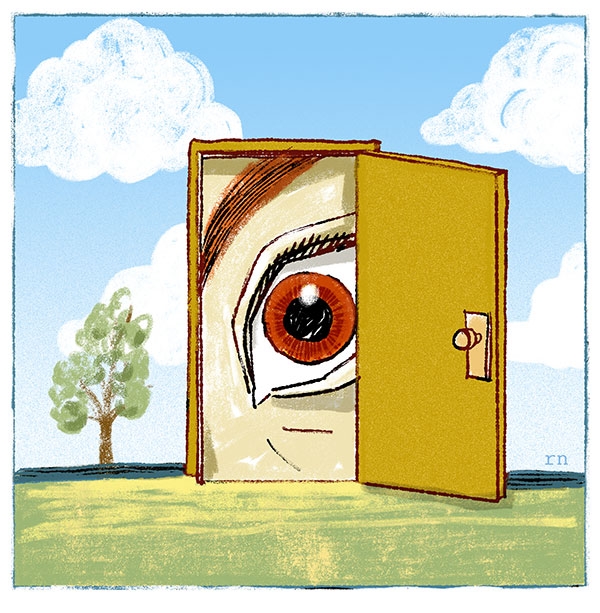Faculty Advice: It’s Not As Simple As…
| by Jason Warburg

A glass of milk might seem like a simple thing until you take a moment to consider everything that goes into producing it: land, cows, barns, milking, pasteurizing, bottling, labeling, refrigeration, distribution, and so on. We’ve asked a new lineup of faculty advisors to explain to us why some of the topics they’re studying and talking about aren’t as simple as they might appear on first glance.
Are CEOs paid too much? It’s not as simple as just looking at that fat paycheck. The question we need to ask is whether they earned their compensation, that is: were ceos paid for performance? Equally important, however, is the issue of what constitutes performance. Studies show that if you aren’t treating your shareholders fairly, you probably aren’t dealing correctly with your other stakeholders either! —Sandra M. Dow, Professor and Program Chair, Fisher MBA in Global Impact Management
It’s not as simple as you might imagine to estimate the true impact of Sea Level Rise (slr) and climate change. We’re analyzing these economic and social impacts by combining information about the location of economic activities and critical infrastructure with residential location and geographic characteristics to build an srl Vulnerability Index. Working with other experts, policy makers, and community leaders, we’re developing ways to help communities everywhere prepare for the new challenges. —Fernando de Paolis, Associate Professor, International Policy and Development, Public Administration
It’s not as simple as it it might seem to have a book, website, or mobile app localized into other languages. Each product requires a specialized team of engineers, layout editors, translators, proof readers, reviewers, and testers to make sure the translations display correctly. Managing these teams requires a project manager who hires each person, decides how much time each has, designs the processes each will follow, resolves problems that come up, and works with the client to make sure the final product will meet the specifications. —Max Troyer, Assistant Professor and Program Coordinator, Translation and Localization Management
We create shared understanding in a world that often exploits difference. It starts and ends with unpacking—understanding nuanced cultural customs, history, power, privilege, and identity.
It’s not as simple as “training language teachers.” Being a publicly engaged applied linguistics educator, researcher, and practitioner involves collaboration—facilitating students’ development of language-teaching philosophies connected to their pedagogical practices, publishing and presenting in diverse venues with interdisciplinary language and social justice scholars, teaching critical service-learning courses with community partners, collectively shaping a vision for intercultural studies, and engaging in research on “heritage narratives” with immigrant communities. —Netta Avineri, Visiting Professor, Graduate School of Translation, Interpretation, and Language Education
It’s not as simple as packing a suitcase. We pursue international education by offering programs focused on building global awareness and cultural understanding. We create shared understanding in a world that often exploits difference. It starts and ends with unpacking—understanding nuanced cultural customs, history, power, privilege, and identity. Our work begins long before the suitcase is needed. —Paige Butler, Assistant Professor, International Education Management
In this day and age, it’s not as simple as “just teaching Arabic.” We design a rigorous Arabic curriculum that encourages students to be creative and think critically, and provides them with opportunities to discuss current issues that are relevant to their courses of study. While course content reflects the existence of different world views, we tend to focus on the properties that bind us all together in one world. —Mahmoud Abdalla, Associate Professor, Arabic Language Studies
For More Information
Eva Gudbergsdottir
evag@middlebury.edu
831-647-6606
